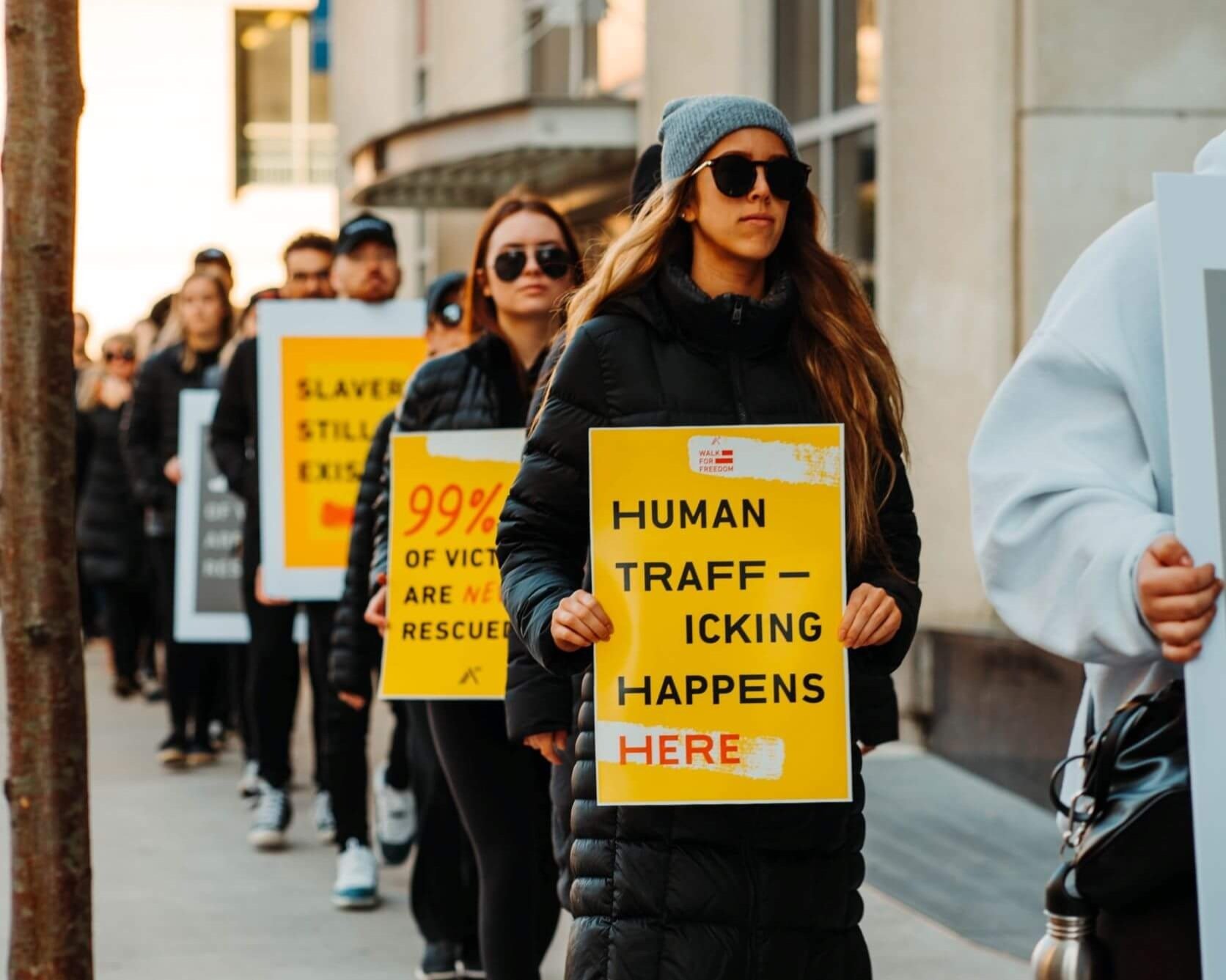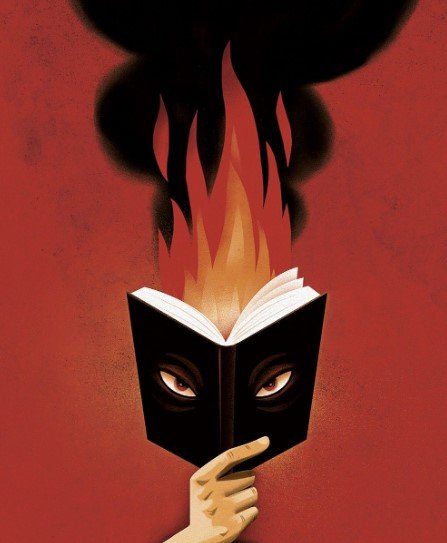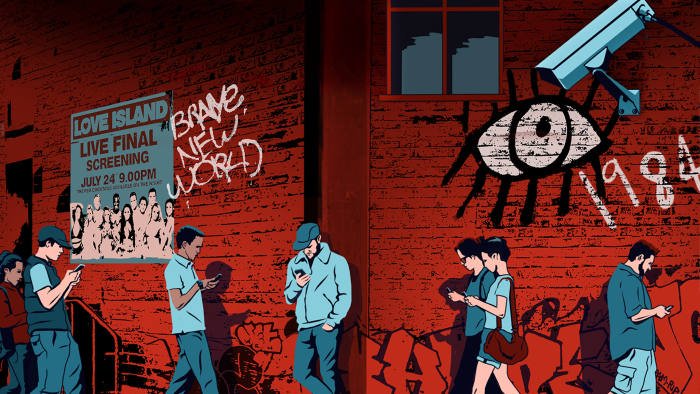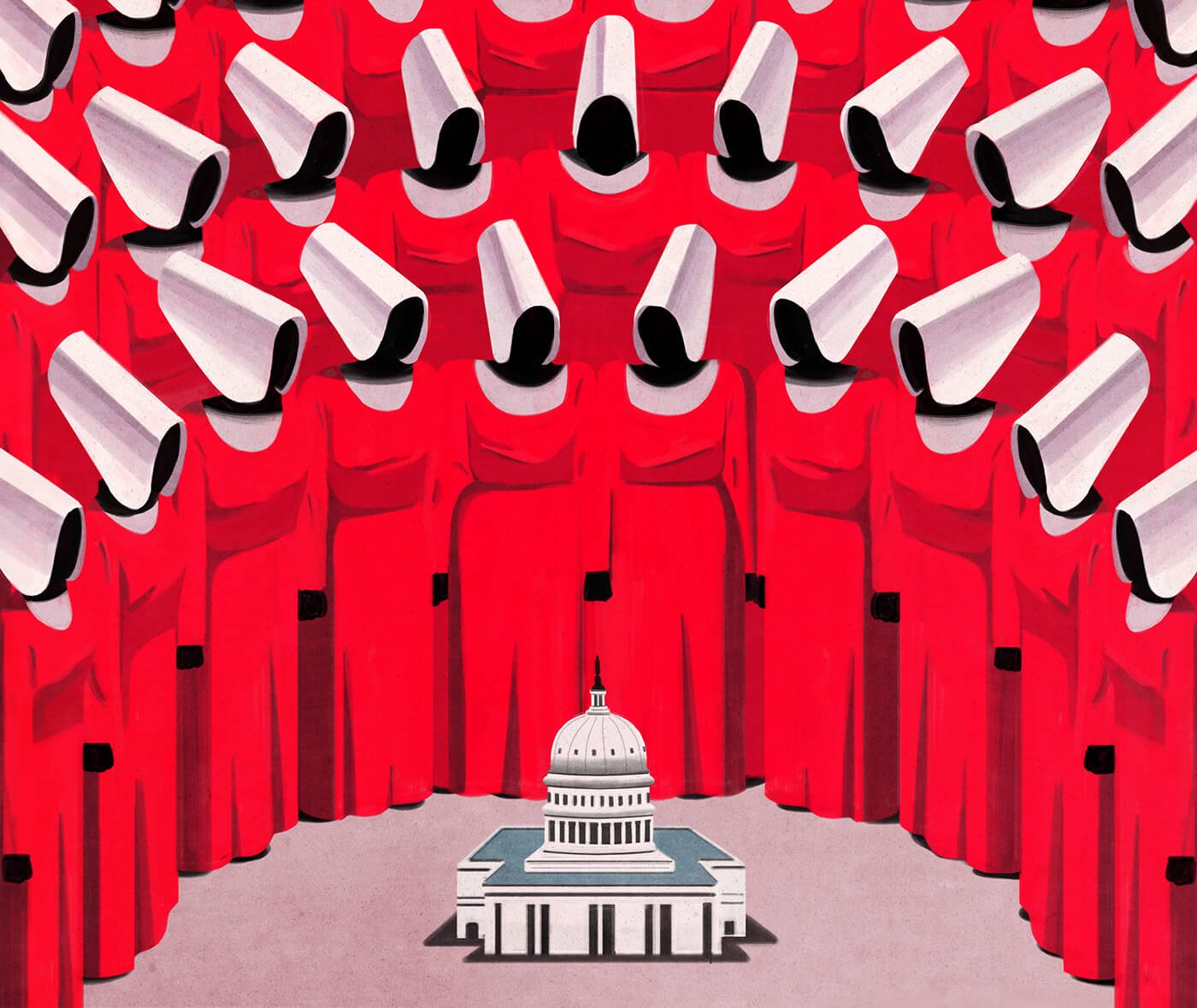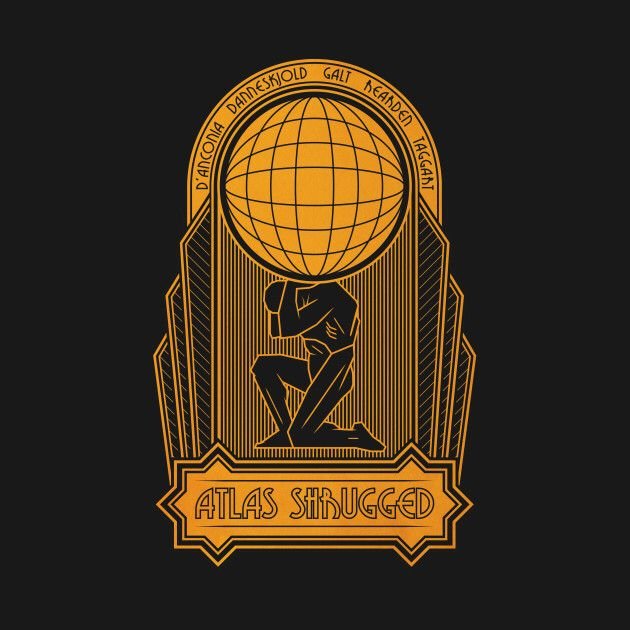The American Dystopia
The Social Depravities of Pleasures and Distractions
You might also like…
“The perfect dictatorship would have the appearance of a democracy, but would basically be a prison without walls in which the prisoners would not even dream of escaping. It would essentially be a system of slavery where, through consumption and entertainment, the slaves would love their servitudes. ”
The dystopian concept is rather a simple, straightforward one. First and foremost, generally speaking dystopias are considered a literary device used by fiction writers to articulate concerns they have for society, and do so in such a way to get readers to consider current political and social conditions. Now, with all this being said, by definition, dystopias can be a place coming from the imagination or in fact, can live in reality. Derived from an offshoot of Sir Thomas More’s Utopia, a dystopia is the antithesis of the perfect society More authored. While a utopia is the standard for a perfect society, broken down, the word dystopia comes from the Greek word dys (ill or bad) and topos (place), which literally translates to a bad place.
There are a variety of dystopias that have been written, but when it comes to the English writer and philosopher, Aldous Huxley, there is specific criteria that must be met to be considered Huxleyan. Coined from his fiction novel Brave New World, a Huxleyan dystopian is rule and control by democratic, totalitarian, capitalist, and/or technocratic systems in where a surplus of choice of desire, debt, narcotic dependence, technical necessity and implicit threats of violence are offered.
In short, Huxley feared a world in which fleeting pleasure would ruin us. There’s no reason to burn books if no one wants to read them. There’s no reason to censor and edit the truth if everyone is distracted by irrelevance and minutiae. Control through desire, in his opinion, is “the perfect dictatorship.”
Pleasure Based Decisions
The textbook definition of addiction is “a compulsive, chronic, physiological or psychological need for a habit-forming substance, behavior, or activity having harmful physical, psychological, or social effects.” If we elaborate even further, an addiction can create “anxiety, irritability, tremors, or [even] nausea upon abstinence” and is a “chronic dysfunction of the brain that involves reward, motivation, and memory.”
Now, some experts say that sexual addiction is a little more complex, but in all reality, it isn’t. The only thing that makes any of it complicated are the constructs and agendas surrounding the industry.
Anything that involves the amount of money the porn industry has access to, and the powerful emotions sexual stimulus has, this is all bound to create waves when threatened (Jeffery Epstein ring a bell?). If we keep this in mind, it’s no wonder that there are advocates that say there’s no such thing as a porn addiction, citing “new research”. Not only can I easily find contradictory claims to the porn-addiction-isn't-a-real-thing experts, if the standards they claim are applicable to porn addiction’s lack of viability, how is gambling addiction not put under the same microscope of skepticism? If the psychological and social hinderance of impulsively betting your money is a clinically defined problematic, how are hyper, uncontrolled sexual urges not?
There is at least an obvious psychological addictive appeal to sexual fetishes, fantasies, and novelties, if not a strong argument for physiological and socially unhealthy secondary effects, and like any clandestine behavior, pornography can metastasize into perversions and extreme destructive behaviors like human trafficking, pedophilia, incest, and child pornography.
Let’s connect some dots…
Pornography
In 2018 a study was done that showed the moral stance of Americans when it comes to pornography and of those respondents, 43% thought it to be morally acceptable. What’s even more startling, a 2008-2009 statistic from three separate police operations in that time showed that 12.9 million unique IP addresses were involved in peer-to-peer-filesharing of child pornography in the United States. That may seem a little out of date, but the truth of the matter is that the internet has not slowed down since 2009.
According to data collected by the U.S. Department of State, the number of convictions around the world for human trafficking related offences has seen a rise of 4,905 from 2009 to 9,071 in 2016. There are a number of factors to consider here like an increase in awareness from public and law enforcement, but there might also be the fact that more people are engaging in fringe behavior. Regardless, of those victimized by human trafficking, nearly a third are children.
According to one report on domestic minor sex trafficking, survivors indicated that at times they were “advertised” to on porn sites further supporting the claim that pornography fuels sex trafficking.
Human trafficking
In 2019, the U.S. National Human Trafficking Hotline reported that pornography was the 3rd most common form of sex trafficking, and that job offers/advertisements were in the top 5 recruitment tactics for sexual exploitation and trafficking.
There is research to also suggest that Google image searches and search trends show that “teen” is one of the most consistently popular porn themes, and that it is not only increasing in popularity but includes the portrayal of underage, fictional characters.
Lastly, of domestic minor trafficking victims forced into porn production, the average age for those engaged in online prostitution and stripping was 14.2. The average age for those engaged in street prostitution was 13.8, and for those reporting being forced into the porn industry, the average age drops down to 12.8, meaning before they were even teenagers these minors were being filmed for sexual purposes.
All of this comes down to the simple economic principle of supply and demand.
Shifting the Overton Window
Now, imagine a society if it was run by pedophiles… There is no doubt that it would be a dystopia. With that in mind, there are two key figures I want to highlight for a moment: John Money (1921-2006) and Helmut Kentler (1928-2008).
John Money was a sexologist (a term that I use very loosely as he was pro-pedophilia) who essentially became the father of modern gender theory. Taking two twin boys known as the Reimer brothers, Money put the two under disturbing experimentations to prove that gender was this malleable and fluid concept. Using one brother (Brian) as the control who was raised as a normal brother, Money compared that to the other brother (David) who was raised as a girl after a botched circumcision and even underwent cross-sex hormone therapy. Both kids visited Money on a regular basis and were forced to replicate sexual acts with one another, examining each other’s anatomy, watch adult films and view pornographic media, all of which were at times done under the supervision of other so-called experts. Both children at the time were only 6 years old and who would commit suicide, Brian in 2002 and David in 2004.
Helmut Kentler on the other hand was a German sexologist who put neglected children foster into homes that were run by known pedophiles (here is another loosely use of the word, one which is making me seriously wonder if all sexologists have pedophiliac tendencies). What is known as the Kentler Experiments, all of which were essentially state sponsored pedophilia due to the simple fact that these known pedophiles were given government grants and funding to stay in business. Despite the domestic abuse, both sexual and physical (some instances leading to the death of a child) Kentler would defend these pedophiles because after all, he was the country’s lead sex expert. The only reason we know any of this is because of two boys (now men) known as Sven and Marco.
Again, let’s connect the dots…
Transgenderism
There is a profound cultural effect occurring within our country that can be seen within modern, early 21st century America, that being Social Justice and more specifically The Postmodern Knowledge Principle. Often, these scholars and advocates argue that “reason and evidence-based knowledge are unfairly favored over tradition, folklore, interpretation, and emotion” and recommend that emotion is a reliable but often neglected form of knowledge. In other words, they argue Pathos over Logos. They do not advocate for a balance between the two methods of persuasion, but rather that logical analysis is more unreliable than what one feels.
It is the only reason that Transgenderism is being marketed and labeled as a civil rights movement rather than the grooming ideology it really is. But the two stories above are the foundation for it all and combined with the child sex trafficking epidemic we have within this country and throughout the world, all of this not only raises a number of questions, but thousands of concerns are brought to the forefront as to the implications it is having on society and the reasons behind them.
Is the United States a Dystopia?
“Pick the target, freeze it, personalize it, and polarize it. ”
Our culture is rife with sexuality, most of which is fringe, extreme, and destructive. If we go back to the beginning, we live in a Huxleyan dystopia that is using sexuality, gender, and ultimately pleasure to distract us from the cultural divide and national destabilization efforts being implemented from activists and politicians. Following the pattern of the Chinese Cultural Revolution, these leaders are targeting the identities of the most malleable and vulnerable, are personalizing the issue, and polarizing anyone who disagrees. It is a Marxist effort decades in the making that is meant to shift power from one perceived oppressed class to another cynical one.






